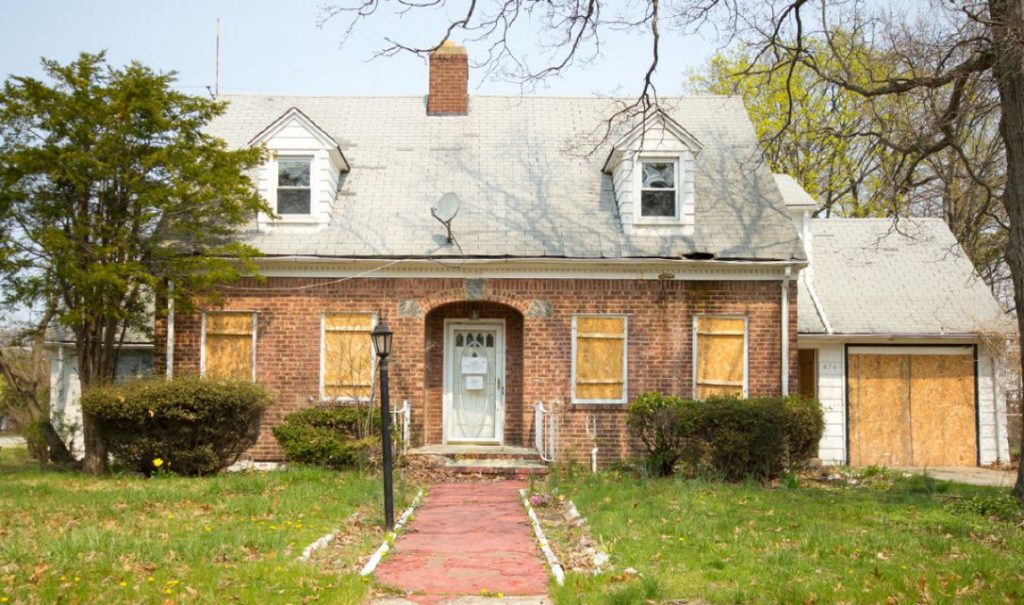Bed: 4Baths: 2Sq Ft: 2391

As a local realtor I see the term “as is” noted all the time in listings. When in actuality in the state of Oklahoma all properties are sold as is, it is only after negotiations that the seller is obligated to make repairs. In today’s market you see the Highest or Best Offer used a lot, most people think that means the highest offer is the best and that is not always the case. If I write an offer and in my offer I state that buyer does not ask for inspection contingencies or buyer can close with cash in seven days that is generally looked at a Best Offer even though it may be lower in price.
Why you ask? Because a person with cash isn’t waiting on a lender usually 30 days to approve the loan. The topic of inspections is a big deal. I wrote in the offer no contingencies meaning we will do inspections my buyer will not ask for repairs to be done from the results. They still reserve the right to walk away if inspections uncover issues that can’t be re mediated in a cost effective manner.
I’m a student of the industry and have been for over 30 years. In preparation to become a proficient licensed realtor and investor I have attended well over 36 classes with more than 780 hours in the classroom. That does not take into consideration all the hours of study in the office, on airplane and in person consultation with clients, colleagues and other professionals who are in the business.
I found an article that expounds more on the “as is” and what differentiates it from other listings.

Should I approach a home being sold “as is” any differently from other listings?
Buying a home can be a very emotional experience. There’s the excitement of finding a place that meets your needs and wants and the stress that comes with such a big purchase. There’s also the uncertainty about whether you’ll be able to come to terms with the seller and land your dream home.
Some people will decide to place an offer because they fall in love with the home. If you find yourself falling in love with an “as is” property, prepare yourself for accepting the home in its current state, faults and all.
That’s not to say a home listed for sale in “as is” condition is necessarily in a state of disrepair; it simply means it’s being sold in its current condition. Unlike a typical sale where there may be some wiggle room during negotiations, the seller won’t be making any repairs to complete the sale.
That said, don’t expect to get a bargain on an “as is” property — they don’t necessarily sell at a lower price than comparable properties in a similar condition in the neighbourhood.
The main reasons a seller may opt to sell the property “as is” is because they don’t have the time or money to make repairs — for example, selling on behalf of an aging parent. Or they aren’t familiar with the condition of the home. A good example would be a power of sale, where the bank sells a property because the homeowner can’t pay the mortgage. In this situation, the bank isn’t in a position to give warranties on the condition of the home and they probably aren’t going to put money in to fix it up.
As with any home you approach, the only way to know its condition is to have it inspected by a qualified home inspector, engineer or contractor. They can identify underlying problems with the home’s major systems, like heating/air conditioning, electrical, roofing, foundation, plumbing and septic systems. Talk with your real estate agent about including a clause in your offer subject to your satisfaction with the inspection results. As long as the clause is properly drafted by your real estate representative or lawyer, you’ll be able to walk away from the deal if the inspection uncovers a budget-busting issue you aren’t willing to address.
Choosing to skip an inspection can add thousands of dollars to the total cost of the home. For example, we know of a case where an inspection wasn’t done and the subsequent discovery of problems with the roof, which would likely have been identified during an inspection, meant $10,000 in additional costs for the buyer.
Be aware that there may be more insurance issues with an “as is” property compared to a typical listing, though a proper inspection with satisfactory results may address that risk.
Nevertheless, you should talk with your home insurance broker or agent in advance. When it comes to closing the deal, you should seek legal advice if there are any questions that your real estate agent cannot answer to your satisfaction. It’s their responsibility to seek or refer you to outside professional advice if it’s appropriate.
Be sure to ask questions. The last thing you want when buying a home is a surprise — unless of course it’s a valuable piece of art or other treasure you find during renovations.
Source of article is: Joseph Richer Registrar, Real Estate Council of Ontario Thursday, Feb. 13, 2014
Bed: 4Baths: 2Sq Ft: 2391
Bed: 4Baths: 2Sq Ft: 2327
© 2017 copyright, All Rights Reserved